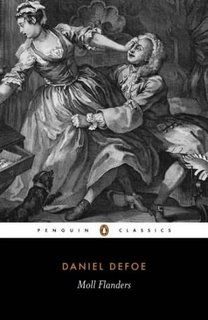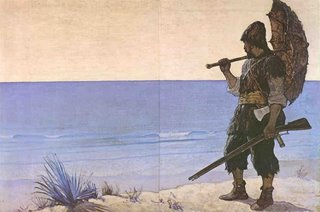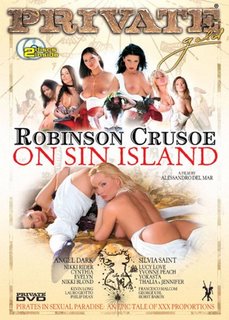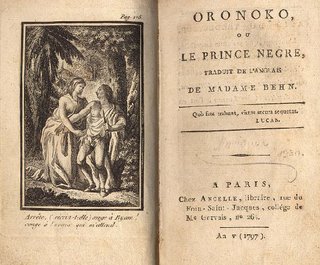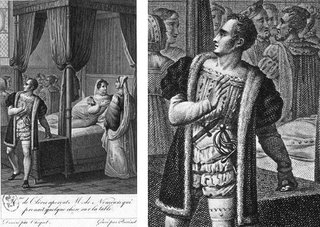28. Swift, Pope, Gay, Parnell and Artbuthnot - Memoirs of Martinus Scriblerus (first published 1742)
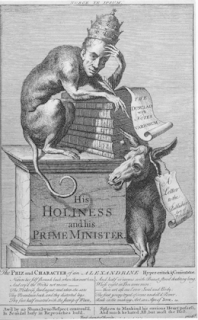
At Amazon UK
It is hard to find a book that was at the same time so influential and so obscure as the Memories of Martinus Scriblerus. The book is the production of a literary group composed of some of the most important writers of the 18th century in Britain. As such it is closely related to Guliver's Travels, particularly the third book and the Dunciad by Pope.
That introduction out of the way it is also on of the funniest satires on the list. Yes, it does demand some previous knowledge of the conflicts around the nature of knowledge in the 18th century and it does defend an anti-enlightenment agenda. Swift, Pope and friends come across as luddites, but luddites with a sense of humour which is something quite rare.
There are some precious moments in what is quite a short book, Cornelius' concern for his ancient shield is particularly funny to me as it reminds me of my father and his antiques collection, the Double Mistress episode is also very funny in a more bawdy-comedy way. Still, worth reading for several reasons, firstly it is quite short, secondly it has the germ for all later British satire, thirdly it is genuinely funny in parts and fourthly it is completely wrong... but wrong in a funny way.
Final Grade
7/10
Trivia
From Encyclopedia Brittanica:
18th-century British literary club whose founding members were the brilliant Tory wits Alexander Pope, Jonathan Swift, John Gay, Thomas Parnell, and John Arbuthnot. Its purpose was to ridicule pretentious erudition and scholarly jargon through the person of a fictitious literary hack, Martinus Scriblerus. The name Martin was taken from John Dryden's comic character Sir Martin Mar-all, whose name had become synonymous with absurd error; Scriblerus was a reference to scribler, the contemporary term of contempt for a talentless writer. The collaboration of the five writers on the Memoirs of Martinus Scriblerus began as early as 1713 and led to frequent, spirited meetings when they were all in London. When they were separated, they pursued their project through correspondence. The zest, energy, and time that these five highly individualistic talents put into their joint enterprise may be gauged by Pope's statement in a letter to Swift, “The top of my own ambition is to contribute to that great work [the Memoirs], and I shall translate Homer by the by.”
Of the five, only Pope and Swift lived to see the publication of the Memoirs (1741), although miscellaneous minor pieces written in collaboration or individually had appeared earlier under the Scriblerus name. Although Pope is credited with originating the character of Scriblerus, most of the ideas were Arbuthnot's, and he was the most industrious of the collaborators. The stimulation the members derived from each other had far-reaching effects. Gay's The Beggar's Opera grew out of a suggestion made by Swift to the Scriblerus Club, and the imprint of Scriblerus on Swift's Gulliver's Travels, especially Book III, describing the voyage to Laputa, is unmistakable. Other prominent Tories—such as Robert Harley, 1st Earl of Oxford, and Henry St. John, 1st Viscount Bolingbroke—were members of the club, but there is no evidence that they contributed to the writing.



